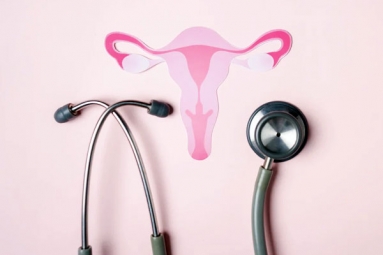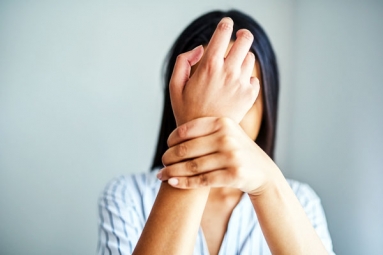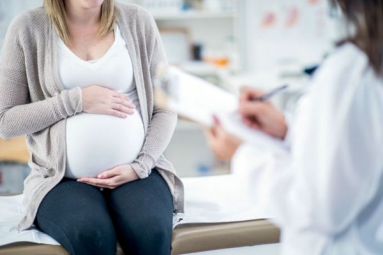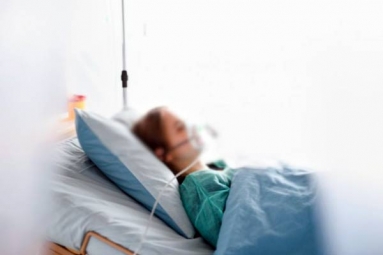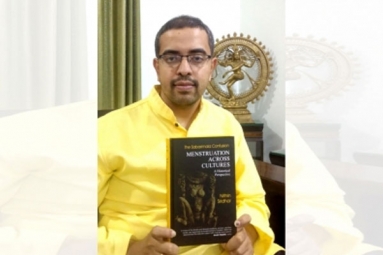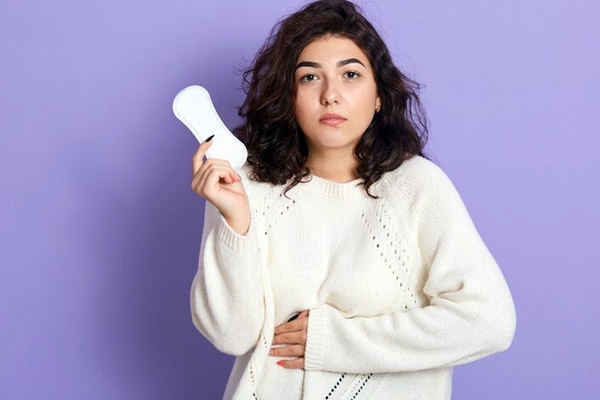
(Image source from: Freepik.com)
Menstruation and the menstrual cycle are considered taboo in society. Women continue to suffer in the postpartum period. Even though it is a very natural and biological process in their body, they are uncomfortable talking about it. Menstruation prepares the female body for reproduction. Menstruation is physically painful and emotionally demanding and is accompanied by many discomforts. The hormonal balance can also be disrupted, which can lead to mood swings and irritability. Blood clots are also part of this biological cycle. For most women, a small amount of blood clots is normal. However, if you notice larger blood clots, you should keep an eye out for them as it could be a sign of something else. The body's reaction to menstrual changes during menstruation can be caused by anxiety. Menstrual bleeding can therefore also be viewed as such a change. We introduce the causes of bleeding during menstruation and how to deal with it.
Causes of spotting during menstruation: It is normal for most women to form a small amount of blood clots during menstruation. However, if it comes out in large pieces, caution is advised. The cause may be a hormonal imbalance or an ovarian tumor.
Hormonal Changes: During menstruation, our body goes through various hormonal changes. When there is an imbalance in estrogen and progesterone levels, menstrual blood flow is impaired and blood clots form.
Uterine fibroids: Benign tumors that can develop in the uterus during pregnancy are called uterine fibroids.
Endometriosis: According to the World Health Organization, endometriosis is a painful condition in which the tissue around the uterus begins to grow outside the uterus.
Lifestyle factors: Obesity, lack of exercise, smoking, etc. can cause large blood clots during menstruation.
Heavy bleeding during menstruation can cause the following symptoms:
- Low hemoglobin level
The bleeding continues continuously for about a week.
Irregular bleeding requiring frequent replacement of sanitary pads
- Lethargy
Severe pain that interferes with daily life
If these symptoms occur, see a gynecologist immediately.
Let's see how we can solve our worries.
- Nonsteroidal anticoagulants
- In some cases a hysterectomy may be recommended
- Intrauterine hormonal device
- Pregnancy prevention
- Conditions such as endometriosis may require surgery.



